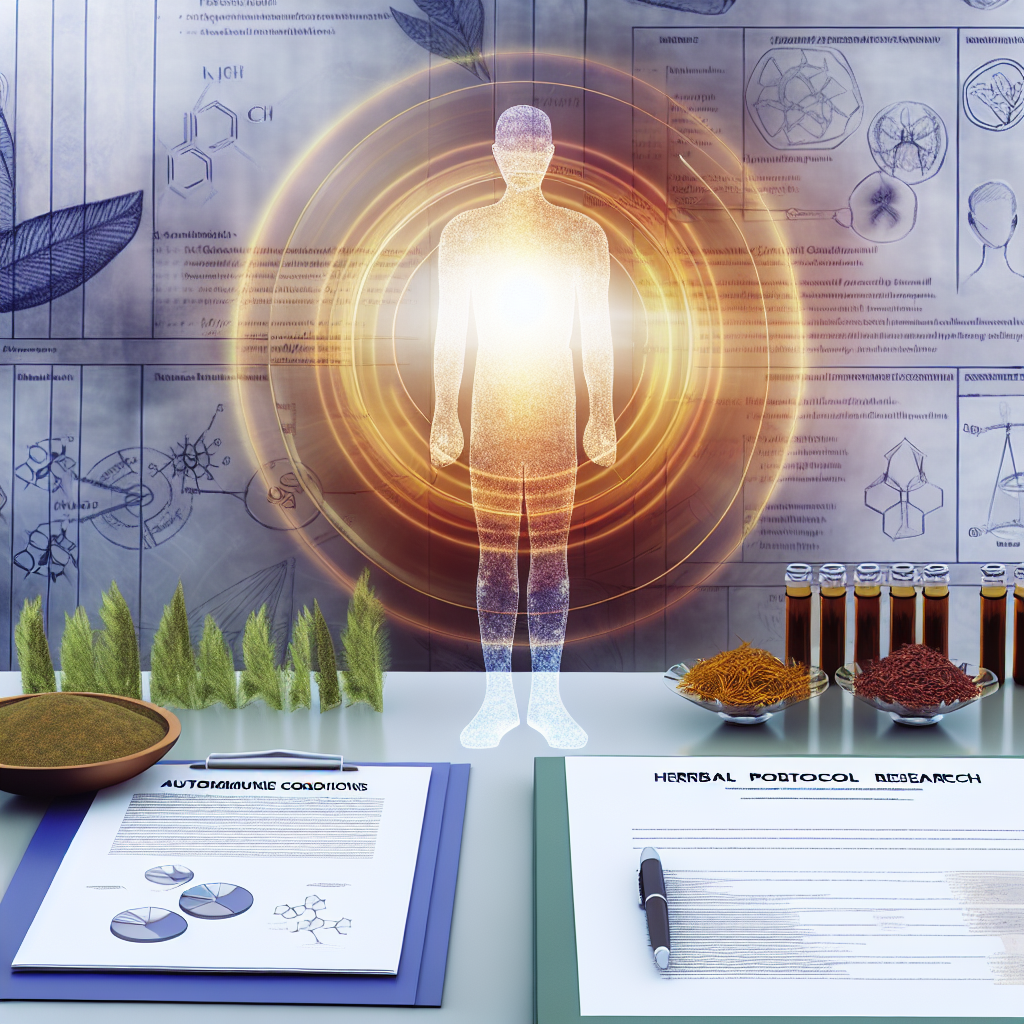Hot flashes in women are unexpected, intense feelings of heat typically accompanied by sweating and a flushed appearance. They are a common symptom experienced by women throughout menopause, resulting from hormonal changes in the body.
A hot flash is an abrupt sensation of intense heat that occurs within a few minutes. It might induce a sensation of warmth and redness in your face, neck, chest, and upper torso. Additionally, you may experience perspiration, dizziness, or tachycardia.
Hot flashes are a prevalent manifestation of menopause, but they can also occur in individuals who are not experiencing menopause, regardless of gender.
Estrogen and progesterone are pivotal hormones in the female body. Hormones are vital in controlling the menstrual cycle and ensuring the proper functioning of the reproductive system. The ovaries create these hormones, which are accountable for the development of secondary sexual characteristics in women, including breast enlargement and the distribution of body fat.
Prevalent Symptoms
During menopause, there is a decrease in the levels of estrogen and progesterone, leading to the onset of various symptoms. Hot flashes, characterized by abrupt sensations of warmth that may lead to sweat and discomfort, are a prevalent symptom of menopause. Hot flashes are triggered by alterations in the hypothalamus, a brain region responsible for regulating body temperature.
With the decrease in estrogen levels, the hypothalamus loses its sensitivity to fluctuations in body temperature, leading to an exaggerated response and the initiation of a hot flash. Hot flashes can range in intensity from moderate to severe and last a few seconds to several minutes. In addition, they may be accompanied by additional symptoms, including mood fluctuations, exhaustion, and insomnia. Menopause can give rise to several symptoms, including but not limited to hot flashes, vaginal dryness, reduced libido, and osteoporosis.
Reduce Symptoms
Lifestyle modifications, including consistent physical activity and a nutritious diet, can effectively control these symptoms. Additionally, hormone replacement therapy can be employed to restore hormonal equilibrium and reduce symptoms.
Menopause is an inherent aspect of the aging process in women and can be accompanied by a range of symptoms. Gaining a comprehensive understanding of the functions of estrogen and progesterone in the body can assist women in effectively managing the symptoms associated with menopause and upholding their overall health and well-being.
Several Measures
Estrogen therapy: Estrogen therapy may be employed to alleviate hot flashes; however, it is not universally advised for all women. Estrogen medication can elevate the likelihood of specific health complications, including breast cancer and heart disease.
Non-hormonal therapy: Various non-hormonal therapies exist to alleviate hot flashes, including:
Clonidine: This drug is mainly used to treat high blood pressure, but it can also alleviate symptoms of hot flashes.
Gabapentin: This pharmaceutical is an anticonvulsant that can alleviate vasomotor symptoms, specifically hot flashes.
Venlafaxine is an antidepressant with the additional benefit of alleviating hot flashes.
Black cohosh: This botanical remedy has effectively alleviated hot flashes in women.
Soy: Soy is a rich source of phytoestrogens, bioactive chemicals found in plants that can mimic the effects of estrogen.
Lifestyle modifications: Several lifestyle modifications can alleviate hot flashes, including:
To maintain a cool body temperature, it is advisable to refrain from consuming hot beverages and foods. Additionally, wearing layered clothes allows for easy adjustment according to your comfort level.
Maintaining a consistent exercise routine: Physical activity might assist in maintaining a stable body temperature.
Ensuring sufficient sleep: Adequate rest reduces the likelihood of experiencing hot flashes.
Stress management: Hot flashes can be triggered by stress. Discover strategies for effectively coping with stress, such as engaging in yoga, practicing meditation, or engaging in deep breathing exercises.
If you are currently encountering episodes of sudden and intense feelings of heat, it is advisable to consult with your medical practitioner. They can assist you in identifying the optimal course of therapy for your condition.

Dominic E. is a passionate filmmaker navigating the exciting intersection of art and science. By day, he delves into the complexities of the human body as a full-time medical writer, meticulously translating intricate medical concepts into accessible and engaging narratives. By night, he explores the boundless realm of cinematic storytelling, crafting narratives that evoke emotion and challenge perspectives.
Film Student and Full-time Medical Writer for ContentVendor.com




